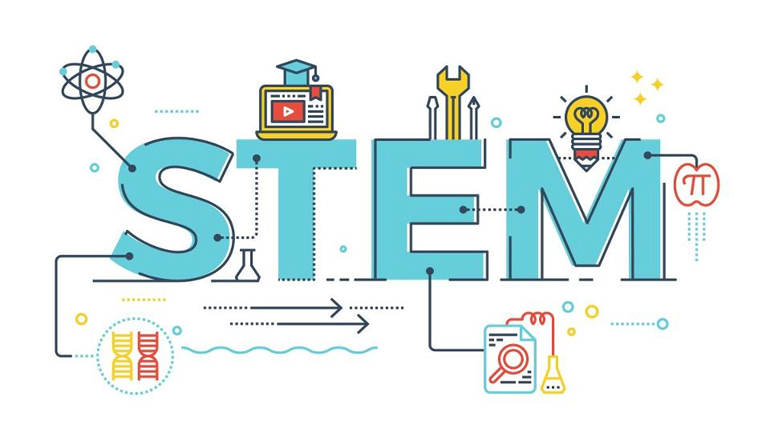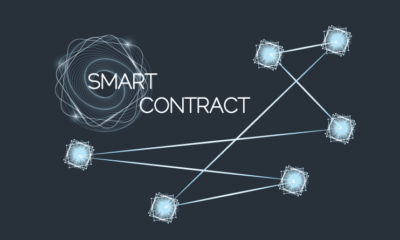
Did you know that the student debt in the U.S. is above 1.4 trillion dollars? Blockchain offers a solution to reduce this ever-growing trend.
Today, STEM education is becoming increasingly decentralized, disinter-mediated, diversified and democratized. With these advancements, maintaining reputation remains paramount. Learning institutions must maintain trust in certification, relevance, employability, and proof of learning. To achieve such goals, transparency is mandatory, something that blockchain can offer.
The blockchain is a shared database distributed on many computers with no central control. Transparency is achieved through its massive openness, secure database and online accessibility. This article provides ways in which blockchain will impact STEM education.
Creation of Academic Qualification Ledger
Blockchain makes it possible to develop a securely accessible ledger showing academic qualification of individuals ratified by their university. This makes it possible for employers to check the authenticity of new employees’ academic credentials.
Currently, employers have to pay and wait for days for universities to authenticate employee qualification. With blockchain, the process is not only free but also instant. The number of qualification checks will increase as people enroll in various institutions to improve on their portfolios. Employers may have to check approximately five different institutions, a process that is costly and time-consuming.
The state-of-the-art tech is also resourceful in case an institution is incapacitated. For instance, in conflict-stricken countries, refugees find it difficult to resume their studies as verification is almost impossible.
Blockchain in Online Education
Online education makes it possible for people anywhere to learn new skills. However, not everything is cakes and ale. E-learning has two challenges: low completion rates and inadequate intermediate level courses.
Studies reveal that while most people enroll in online courses, the majority of them don’t complete. If the trend continues, the future of online learning remains jeopardized. Also, most of the courses are tailored to suit beginners which is good for building a foundation in selected fields. However, after passing the beginner stage, it’s an uphill task to get sufficient materials to progress further.
Blockchain education can solve these problems if implemented well. Upon completion of a course, students get grades. To motivate learners to complete their courses online, this isn’t enough. With blockchain, rewarding them with redeemable tokens that can be exchanged for Crypto-currencies and cash is helpful.
Quality educators can also be rewarded with the same tokens. Such incentives have worked before in platforms such as YouTube where educators earn royalties for producing high-quality educational content.
Save Money and Simplify Payment
Institutions spend a lot of money in data management. Lawsuits arising from the same are also enormous. Blockchain technology will certainly reduce the need for the high cost of data management since participants own and control their data. Liability cases will also reduce significantly.
Blockchain-based crypto-currencies are expected to simplify payment to institutions. The process of waiting for funds to be approved and transferred will be a thing of the past. With the growing demand for the use of blockchain as a public ledger, the process is expected to kick start in many countries globally.
Continuing Professional Development (CPD)
Delivery and tracking of CPD have been a problem for decades. Most companies and organizations offer training in conferences, courses and many other forms of learning. There is a need for such acquired skills to be stored securely in a trusted system.
Blockchain technology continues to revolutionize major sectors of the economy. The education sector is part of it with institutions such as MIT taking the lead in utilizing the tech in various applications. Giant companies like Sony have also embraced blockchain in improving education data.



